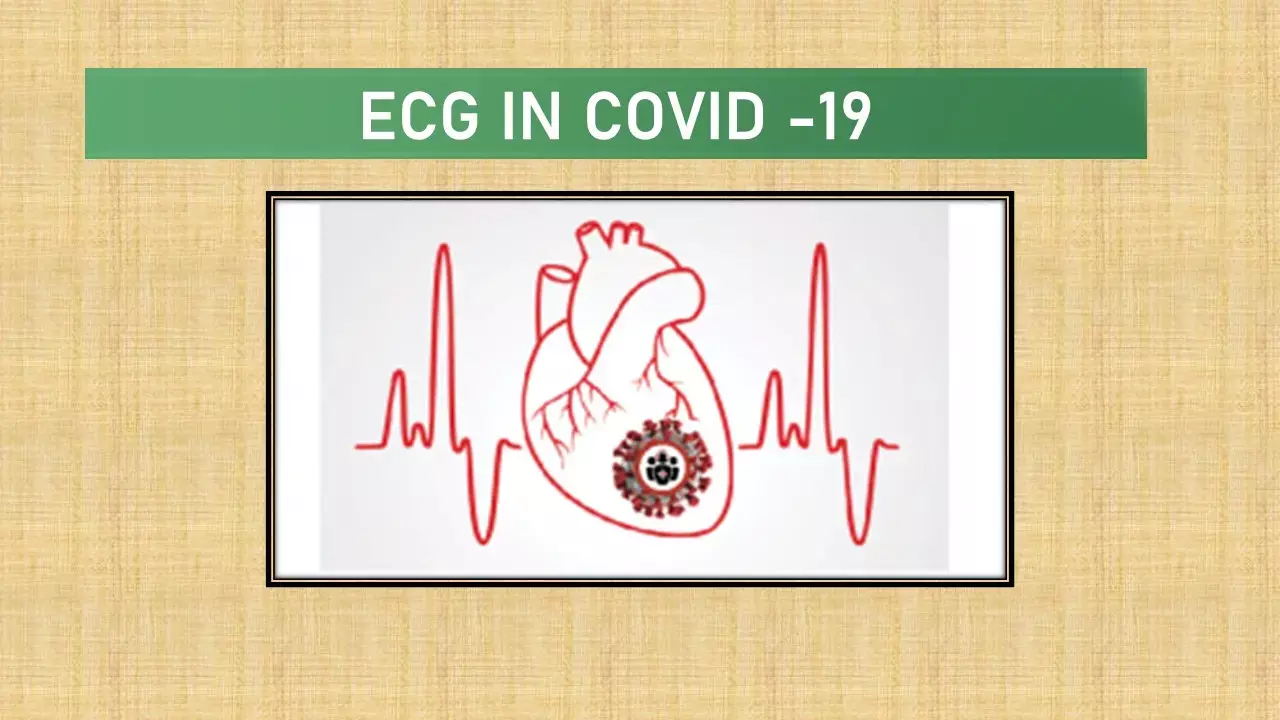- Home
- Medical news & Guidelines
- Anesthesiology
- Cardiology and CTVS
- Critical Care
- Dentistry
- Dermatology
- Diabetes and Endocrinology
- ENT
- Gastroenterology
- Medicine
- Nephrology
- Neurology
- Obstretics-Gynaecology
- Oncology
- Ophthalmology
- Orthopaedics
- Pediatrics-Neonatology
- Psychiatry
- Pulmonology
- Radiology
- Surgery
- Urology
- Laboratory Medicine
- Diet
- Nursing
- Paramedical
- Physiotherapy
- Health news
- Fact Check
- Bone Health Fact Check
- Brain Health Fact Check
- Cancer Related Fact Check
- Child Care Fact Check
- Dental and oral health fact check
- Diabetes and metabolic health fact check
- Diet and Nutrition Fact Check
- Eye and ENT Care Fact Check
- Fitness fact check
- Gut health fact check
- Heart health fact check
- Kidney health fact check
- Medical education fact check
- Men's health fact check
- Respiratory fact check
- Skin and hair care fact check
- Vaccine and Immunization fact check
- Women's health fact check
- AYUSH
- State News
- Andaman and Nicobar Islands
- Andhra Pradesh
- Arunachal Pradesh
- Assam
- Bihar
- Chandigarh
- Chattisgarh
- Dadra and Nagar Haveli
- Daman and Diu
- Delhi
- Goa
- Gujarat
- Haryana
- Himachal Pradesh
- Jammu & Kashmir
- Jharkhand
- Karnataka
- Kerala
- Ladakh
- Lakshadweep
- Madhya Pradesh
- Maharashtra
- Manipur
- Meghalaya
- Mizoram
- Nagaland
- Odisha
- Puducherry
- Punjab
- Rajasthan
- Sikkim
- Tamil Nadu
- Telangana
- Tripura
- Uttar Pradesh
- Uttrakhand
- West Bengal
- Medical Education
- Industry
An ECG at admission can predict COVID-19 outcomes, reports study

USA. Several risk factors have been reported to be associated with COVID-19 severity and outcomes including right ventricular (RV) dysfunction and cor pulmonale. Latest study published in the JACC clinical electrophysiology has shown that Right Heart Strain (RHS) on ECG done at admission was associated with mechanical ventilation and mortality in patients admitted with COVID-19. Therefore, special attention should be taken in patients admitted with new signs of RHS on presenting ECG.
Cardiovascular comorbidities and complications, including right ventricular dysfunction, are common and are associated with worse outcomes in patients with COVID-19. The data on the clinical usefulness of the 12-lead ECG to aid with prognosis are limited. Raad et al aimed to assess the association of new right heart strain patterns on presenting 12-lead electrocardiogram (RHS-ECG) with outcomes in patients hospitalized with COVID-19.
Their study retrospectively evaluated records from 480 patients who were consecutively admitted with COVID-19. ECGs obtained at presentation in the emergency department (ED) were considered index ECGs. RHS-ECG was defined by any new right-axis deviation, S1Q3T3 pattern, or ST depressions with T-wave inversions in leads V1 to V3 or leads II, III, and aVF. Multivariable logistic regression was performed to assess whether RHS-ECGs were independently associated with primary outcomes.
1. ECGs from the ED were available for 314 patients who were included in the analysis.
2. Most patients were in sinus rhythm, with sinus tachycardia being the most frequent dysrhythmia.
3. RHS-ECG findings were present in 40 (11%) patients.
4. RHS-ECGs were significantly associated with the incidence of adverse outcomes and an independent predictor of mortality (adjusted odds ratio [adjOR]: 15.2; 95% confidence interval [CI]: 5.1 to 45.2; p < 0.001), the need for mechanical ventilation (adjOR: 8.8; 95% CI: 3.4 to 23.2; p < 0.001), and their composite (adjOR: 12.1; 95% CI: 4.3 to 33.9]; p < 0.001).
Several studies also revealed that cardiac injury, as evidenced by elevated troponin, is associated with worse outcomes in COVID-19, including ARDS and mortality. The link between the mechanism of cardiac injury associated with COVID-19 and worse outcomes is not well elucidated. "In our study, we observed an association between RHS-ECGs and cardiac injury, both of which were independent predictors of worse outcomes in patients admitted with COVID-19", noted the authors.
Among available clinical tools, ECGs are easily performed, cost-effective, and widely available. The detection of RHS-ECGs provided a simple and powerful tool with early discriminatory ability, as early as presentation to the ED.
To conclude, the study revealed that RHS-ECGs were associated with a higher risk of worse outcomes, including mortality, mechanical ventilation, AKI, renal replacement therapy, and ARDS.
Validation of these findings in a larger prospective patient population will provide a novel prognostic marker that can be used in prediction models to facilitate appropriate patient triage and resource allocation.
Source: JACC clinical electrophysiology. Raad, M., Gorgis, S., Dabbagh, M., Chehab, O., Parikh, S., & Singh, G. (2020). Right Heart Strain on Presenting 12-Lead Electrocardiogram Predicts Critical Illness in COVID-19. JACC. Clinical electrophysiology, S2405-500X(20)30860-4. Advance online publication. https://doi.org/10.1016/j.jacep.2020.09.013
MBBS, MD , DM Cardiology
Dr Abhimanyu Uppal completed his M. B. B. S and M. D. in internal medicine from the SMS Medical College in Jaipur. He got selected for D. M. Cardiology course in the prestigious G. B. Pant Institute, New Delhi in 2017. After completing his D. M. Degree he continues to work as Post DM senior resident in G. B. pant hospital. He is actively involved in various research activities of the department and has assisted and performed a multitude of cardiac procedures under the guidance of esteemed faculty of this Institute. He can be contacted at editorial@medicaldialogues.in.
Dr Kamal Kant Kohli-MBBS, DTCD- a chest specialist with more than 30 years of practice and a flair for writing clinical articles, Dr Kamal Kant Kohli joined Medical Dialogues as a Chief Editor of Medical News. Besides writing articles, as an editor, he proofreads and verifies all the medical content published on Medical Dialogues including those coming from journals, studies,medical conferences,guidelines etc. Email: drkohli@medicaldialogues.in. Contact no. 011-43720751


